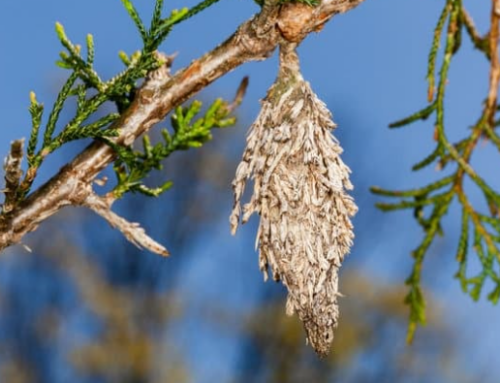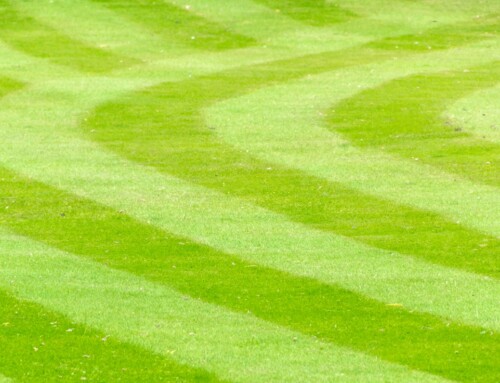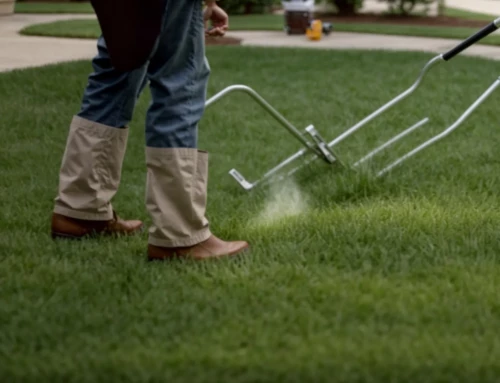For any plant to grow at its best and produce the best yield it requires the specific elements or
compounds which are called plant essential nutrients.
The plant which is deprived of the essential nutrients is not able to complete its life cycle. The
germination of the seed may not take place and the plant may not be able to develop the roots, the
stems, the flowers or the leaves to their healthiest extent. This can thwart the reproduction of new
plants and more often than not the plant will die.
On the other hand, if a plant receives an excess of nutrition even then it is harmful to the plants
resulting in a plant that is damaged or dying. For example, if a plant gets excess nitrogen then it will grow more leaves and less or no fruits at all. Similarly, an excess amount of manganese can turn the leaves of the plant to yellow and in the end, the plant will die.
The plants will grow healthy and produce more yield if you give them the right amount of nutrients.
it just takes a little bit of time and attention so your garden can look its best.
Researchers have classified 16 essential nutrients depending on the amount of each plant's need.
1. Primary nutrients(macronutrients) are needed in big quantities such as Hydrogen,
Carbon, oxygen, nitrogen, potassium, and phosphorus.
2. Secondary nutrients are the ones that are given in moderate quantities. These are
sulphur, calcium, and magnesium.
3. Micro or trace nutrients: these are given in very small amounts than the primary and
secondary amounts. Examples for micronutrients are chlorine, boron, iron, copper,
zinc, and molybdenum.
Research is necessary as you plan since various plants require 5 other nutrients such as nickel,
cobalt, sodium, vanadium, and silicon. If you have the knowledge about how much your plant needs
then you can not only save money but also the plant.






